
ROME, March 11 (Xinhua) -- On the eve of the conclave's opening in Vatican City on Tuesday, Italian experts believed that Benedict XVI's successor will be an "energetic" pope able to promote the new role of church in today's world.
Although any prediction should be taken cautiously, some names emerged as solid candidates, described as reformers coming out of Benedict XVI's intellectual tradition and what emerged from the recently held informal discussions was that cardinals were looking for "a strong personality, as indicated by Benedict XVI, to promptly face today's needs," philosopher and lay theologist Massimo Cacciari told Xinhua.
"The new pope will not be a transition one," he pointed out.
Experts agreed that the changed global scenario requires a determined and relatively young pontiff to deal with the escalating scandals that have recently hit the church, from child abuse to shady money management, and foster relations with emerging powers.
The next pontiff will have to win the votes of two thirds of the 115 cardinals from 48 countries taking part in the Sistine Chapel's secret election. Among the electors, 60 were European nationals, of which nearly a half from Italy.
"He will be a man of the utmost integrity, healthy and strong so that he can withstand the difficulties that almost forced Benedict XVI to step down," said Gianni Gennari, a moral theology and religion philosophy professor in different universities, author and vaticanologist for Rai state television.
Gennari told Xinhua he believed that the upcoming conclave will be more complex compared to past papal elections, and will also last longer.
He noted that geopolitics has become an element to be taken into consideration in the conclave, given the important of balance in the globalized world, differently from decades ago when cardinals were "almost entirely European and North American."
For this reason, it also makes sense to consider, among the choice elements, that an American pope may not be easily welcome at the international level.
"The U.S. already has a weight, while a pope from Latin America or Africa could indicate enhanced dialogue with emerging economies," he said.
"However, though this time there is much more uncertainty, it is unlikely that cardinals will be trying to reach a consensus on the basis of a candidate's nationality," the theologist added.
The only clear thing, he highlighted echoing Cacciari's words, will be that the church will have to confront the international crisis of values and increasingly complex issues with modern instruments.
"I believe that the new pope, no matter what country he comes from, will have to know his own culture in depth and at the same time be open to those of other countries with a long-term glance over the next challenges," he said.
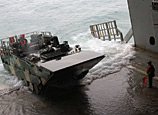
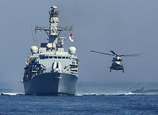
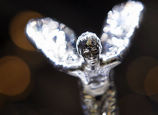
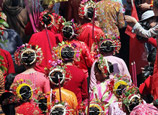

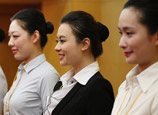
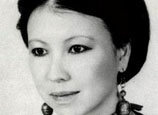
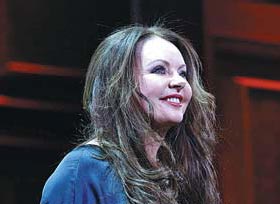
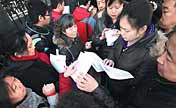
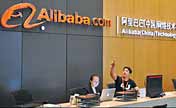








![]()
